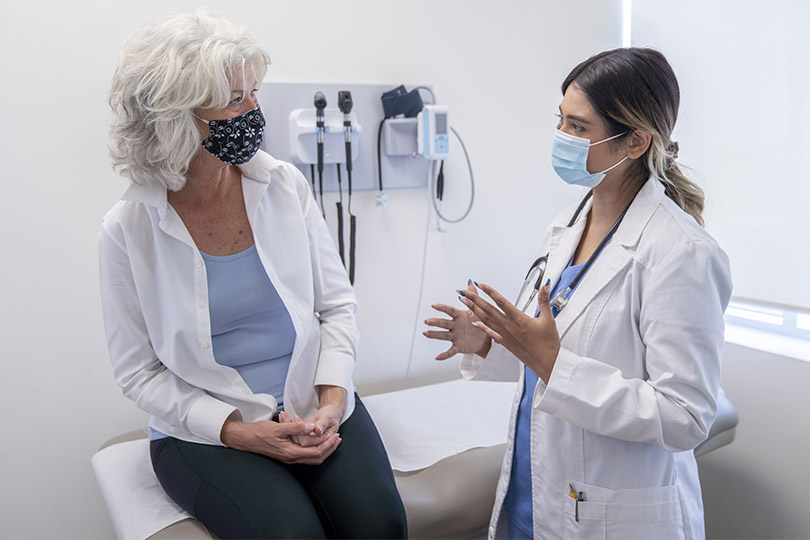Liver Transplant Recovery & Follow-Up
Your Recovery
The liver transplant team at Lahey Hospital & Medical Center works with you to make sure you have the smoothest recovery possible. We have a transplant wellness program and support groups to help you during recovery. We also coordinate follow-ups with your primary care team. You’ll see our specialists at least annually for the rest of your life.
After a liver transplant, most people are in the hospital for about seven to 10 days. You will start taking anti-rejection medications immediately after surgery. Usually, patients in our transplant program take at least one anti-rejection medication for the rest of their lives.
Support at Home
When you arrive home after your liver transplant, you should begin to do muscle toning exercises and walk five to 10 minutes each day. You can slowly increase the time each week to enhance overall recovery.
Visiting nurses are the eyes and ears of our transplant team after your discharge. They check your medications, vital signs, incisions, drains and look for signs of infection. Depending on your condition, you may have daily visits or see the nurse three times per week. Home visits continue until you are healthy enough to take care of yourself.
Taking Anti-Rejection Medications
When a foreign object enters the body, the immune system recognizes it as unfamiliar and tries to destroy it to protect you. Your body views your transplanted liver as a foreign object and will try to destroy it. The process is called rejection, and to combat it, you’ll have to take several medications called immunosuppressants that prevent your immune system from attacking your new liver.
Your first dose of immunosuppressants takes place at the time of your surgery, and you’ll need to take them for as long as your transplanted liver is functioning within your body. Some of the medications have side effects, so you may have to take additional medications to counteract these unwanted effects.
Our post-transplant nurse coordinator and our transplant pharmacist can help educate you on all aspects of your medications. They will provide you with a card that describes the medicines you need to take as well as their side effects, and the time, frequency and amount of each you should take.
Remember that after you leave the hospital and are finished with VNA visits, correctly taking your medications is your responsibility. You should call our transplant office if you miss a medication dose or have other concerns.
Liver Transplant Recovery Times
A typical recovery timeline:
- In one month: The staples are removed from the incision area at the transplant center.
- In one and half months: Your bile tube is removed during a clinic visit.
- In two months: You may lift up to 15 pounds.
- In three months: You may begin jogging and resume most physical activity with some modifications.
- In three to six months: Your liver incisions have healed. You may also go back to work. Some people choose to return part-time if still experiencing fatigue.
- In one year: You may begin playing sports and weightlifting. However, you should get the transplant team’s approval before doing these activities.

